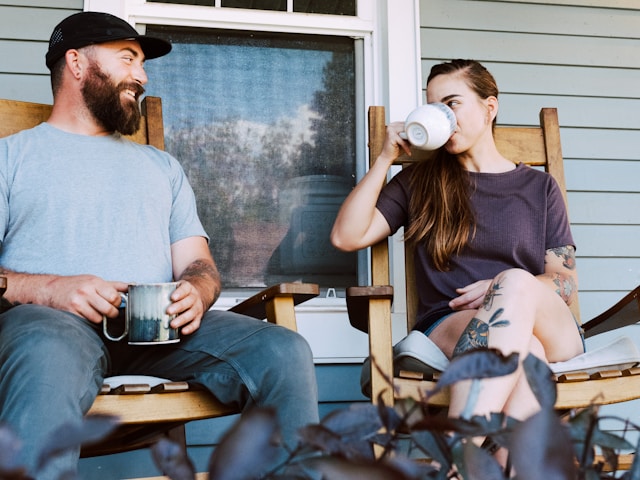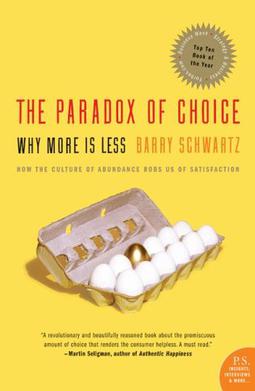Ever caught yourself wondering why, after achieving what you thought were your dreams, true happiness still seems to be playing hard to get? You’re definitely not alone in this! Despite our never-ending quest for happiness, it looks like we’ve been searching in all the wrong places. But hey, thanks to the cool insights from behavioral science, we’re starting to get a glimpse into why this happens, and even better, we’re learning how to actually find that elusive happiness.
Introduction to Behavioral Science and Happiness

So, behavioral science takes a look at how our minds, surroundings, and actions interact. A big chunk of this field dives into what really makes us happy. And guess what? Happiness doesn’t just come from being rich, successful, or head-over-heels in love. Nope, it actually comes from understanding how your mind ticks and knowing what really impacts your feelings and actions. By weaving in some findings from behavioral science into our day-to-day lives, we might just stumble upon happiness in ways we never saw coming!
The Power of Small Joys
One key insight from behavioral science is that we should really savor the small joys that everyday life throws our way. We often think that big achievements, like scoring a promotion, buying a fancy house, or jetting off on a luxury vacation will make us happy. But studies have shown that those small, everyday joys—like savoring a great cup of coffee, having a deep convo with a friend, or taking a morning stroll—actually have a more lasting impact on our happiness than the less frequent big events.

Ever noticed how a simple compliment can totally make your day? That right there is a classic example of finding joy in the little things. It’s all about shifting our focus from chasing extraordinary moments to cherishing the ordinary ones.
Investing in Experiences Over Things
Ever wonder why experiences tend to make us happier than material goods? Well, behavioral science tells us that the happiness we get from buying stuff like gadgets, clothes, or cars tends to fade over time. However, memorable experiences, like trips, concerts, or special dinners, actually contribute to sustained happiness. These experiences become part of who we are and boost our social connections, which are key to a happy life.

Think back to the last time you chose an experience over a shopping spree and how you felt afterward. Can you pinpoint elements from that experience that added to your long-term happiness?
The Happiness Paradox of Choice
Barry Schwartz hit the nail on the head with his analysis in “The Paradox of Choice” highlighting that having too many options can actually bum us out. Having too many choices can lead to paralysis and dissatisfaction because we’re always haunted by the options we passed up. Simplifying our choices by zeroing in on what’s truly important can seriously boost satisfaction and dial down stress.
When was the last time you felt overwhelmed by too many choices, maybe while scanning a restaurant menu or browsing online? Reflecting on this can help us appreciate the simplicity benefit.

Connecting with Community
Humans are social animals by nature, and our happiness is heavily influenced by our relationships with others. Getting involved in community activities or just spending time with loved ones can lift our spirits and strengthen our sense of belonging. Behavioral science shows that folks who feel connected to a community often report higher levels of happiness and fulfillment.
Maybe joining a local club or group could be that missing piece in your happiness puzzle? Sometimes, just reaching out and connecting with others can fling open the door to new joys.

The Habit Loop
Charles Duhigg in his book “The Power of Habit” introduces ‘The Habit Loop,’ showing how habits form a crucial part of our everyday happiness. This loop consists of a cue, a routine, and a reward. By understanding and tweaking this loop, we can kick bad habits to the curb and adopt good ones, leading to improvements in our overall well-being and happiness.
Think about a bad habit you’ve kicked to the curb. How did you feel after replacing it with something positive?
Conclusion: Taking Control of Your Happiness
Through behavioral science, we’ve learned that true happiness might be closer than we think. It’s about embracing the small joys, investing in experiences, simplifying choices, connecting with people, and forming positive habits. So, why not use this knowledge to crack the happiness code for yourself? What small change will you make today to steer your life toward a happier tomorrow? Remember, happiness isn’t just a destination; it’s all about how we get there.
I’d love to hear your thoughts and experiences in the comments below, or how you might apply these insights in your own journey toward happiness. What steps are you planning to take today to unlock your happiness?
